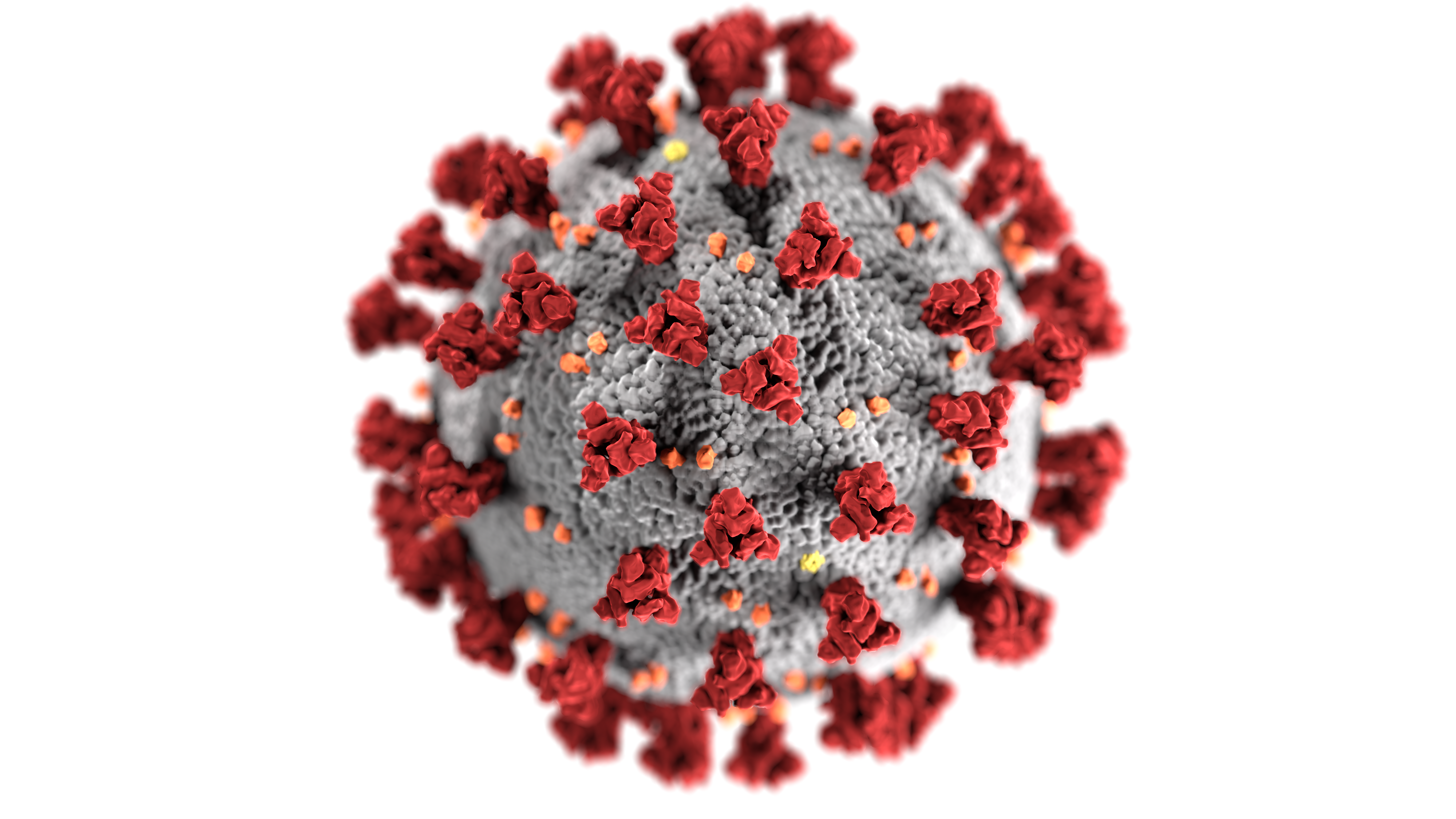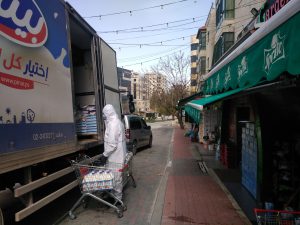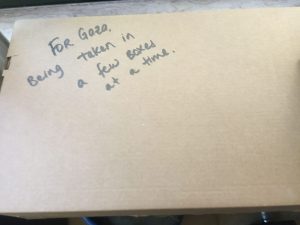The Israeli lockdown curtailed plans to visit a cousin for the Jewish new year – a relief given the government’s failure to contain the coronavirus
The area code “02” appeared on the screen of my telephone. I was standing outside my daughter Forat’s school, talking with other parents who had just dropped off their children.
“Umm Forat?” asked a woman’s voice.
“Yes?”
“I’m calling from the Ministry of Interior for the Judea and Samaria Area. Regarding your application, for your husband, Osama Fahed.”
Nearly three years ago, I submitted an application for family reunification, requesting entrance permits to Israel for my Palestinian partner. Since then, the Ministry of Interior mostly ignores the application but occasionally sets new and impossible conditions for processing it. Currently, they are demanding proof that my partner divorced his first wife before marrying me seven years ago. I walked away from the other parents and hoped the Israeli cellular phone reception would be strong enough to answer her:
“When we submitted the original application, we attached his divorce certificate, a certificate attesting to the fact that he is not married to another woman and also copies of his and his ex-wife’s ID cards, in which the Palestinian Authority lists him as divorced and the Israeli Ministry of Interior lists her as divorced.”
“Yes, but we need the Palestinian Authority to send us a divorce form.”
“Four months ago I sent you a letter explaining what you don’t need me to explain,” I told her. “The Palestinian Authority suspended coordination with Israel in May, and it’s therefore impossible for them to send you any form.”
“I understand, but we need the form.”
“His ex-wife is an Israeli citizen. The Israeli Ministry of Interior registered her as a divorcée, after she proved that she divorced him. Can you please explain to me how she can be divorced from him, if he’s still married to her?”
“We can’t process the application without the form,” she said, and recommended I call another branch of the Israeli military.
When I told Osama, he shrugged his shoulders. The application for family reunification is my project. Osama doesn’t believe it will be granted, and I’m not sure if he even wants it to be granted. He’s afraid of Israel, afraid of Israelis, but at the same time he is in awe of Israel’s power and resources. Osama got to know Israel through occasional entry permits we get in “exceptional humanitarian circumstances”, such as medical care for the children or our son Adam’s circumcision, although the entry permit for the circumcision was approved only after the circumcision took place. In Israel, Osama saw the shaded, safe public playgrounds, the trains that left at pre-determined times down to the minute and the excellent health care system. He was convinced that Israel is a rich and well-run country, and that its bureaucratic ineptitude for anything concerning Palestinians is intentional. But the colossal failure of the State of Israel to contain the coronavirus pandemic raised doubts for both of us about the Israeli authorities’ capabilities and also – suppressed any desire either of us had to actually enter Israel, at least for the time being.
When Israel announced a new lockdown for the Jewish holidays, my disappointment over the cancellation of my cousin Amram’s holiday meal was mixed with relief.
“At least we don’t have to worry about the children getting infected at Amram’s”, Osama said.
“Check again to see if they announced a lockdown here, too,” I asked him.
But in the meantime, the West Bank stayed open, or to be precise, the twenty percent of the West Bank under the control of the Palestinian authorities stayed open, although the government schools provide in-person classes no more than twice a week.
I told Forat that we would make our holiday meal at home, and I tried to make it up to her by inviting her friend Salah and his family, whom we see regularly. I cooked the Iraqi food that we hadn’t eaten at my aunt’s house since before the pandemic: kube in beet sauce, stuffed grape leaves, chickpeas in fried dough. I made “happy holiday” phone calls to friends, and Osama smiled and mimicked me at the end of each phone call: “Shana Tova”! he said, which means “a good year” in Hebrew.
Most of the friends I spoke with, especially those with children, didn’t expect a good year.
“My department expects me to work as usual,” complained Merav, a lawyer with three children, now all home, the youngest of whom was two year old. I had felt that same frustration during the month of July, when, as coronavirus cases rose, the Palestinian Authority imposed a lockdown, and I was left alone with our kids, while my friends in Israel continued their daily routines. Now the situation was reversed.
Our guests arrived, and we sat in the garden. Salah’s father Imad, an art teacher, told us that his studio agreed to let him keep teaching on a half-time basis, with the students and him wearing masks. Sawsan didn’t believe it when I told her that the hospitals in Israel were struggling to treat a swelling number of coronavirus patients.
“It sounds like, despite the gaps in resources, the Palestinian authorities are managing the pandemic better than Israel,” she said.
The distance between Ramallah and Tel Aviv – 60 kilometers – felt further than ever. On this holiday, I didn’t have to choose between Osama and my extended family. We were all barred from entering Israel – and that was a good thing.
“Thank you for sharing your culture with us,” Sawsan said, as I served the children apples and honey and explained that it symbolized wishes for a sweet new year.
“Happy new year,” I said. Despite everything, it was off to a good start.
This post was also published at haaretz.com on September 27, 2020:



